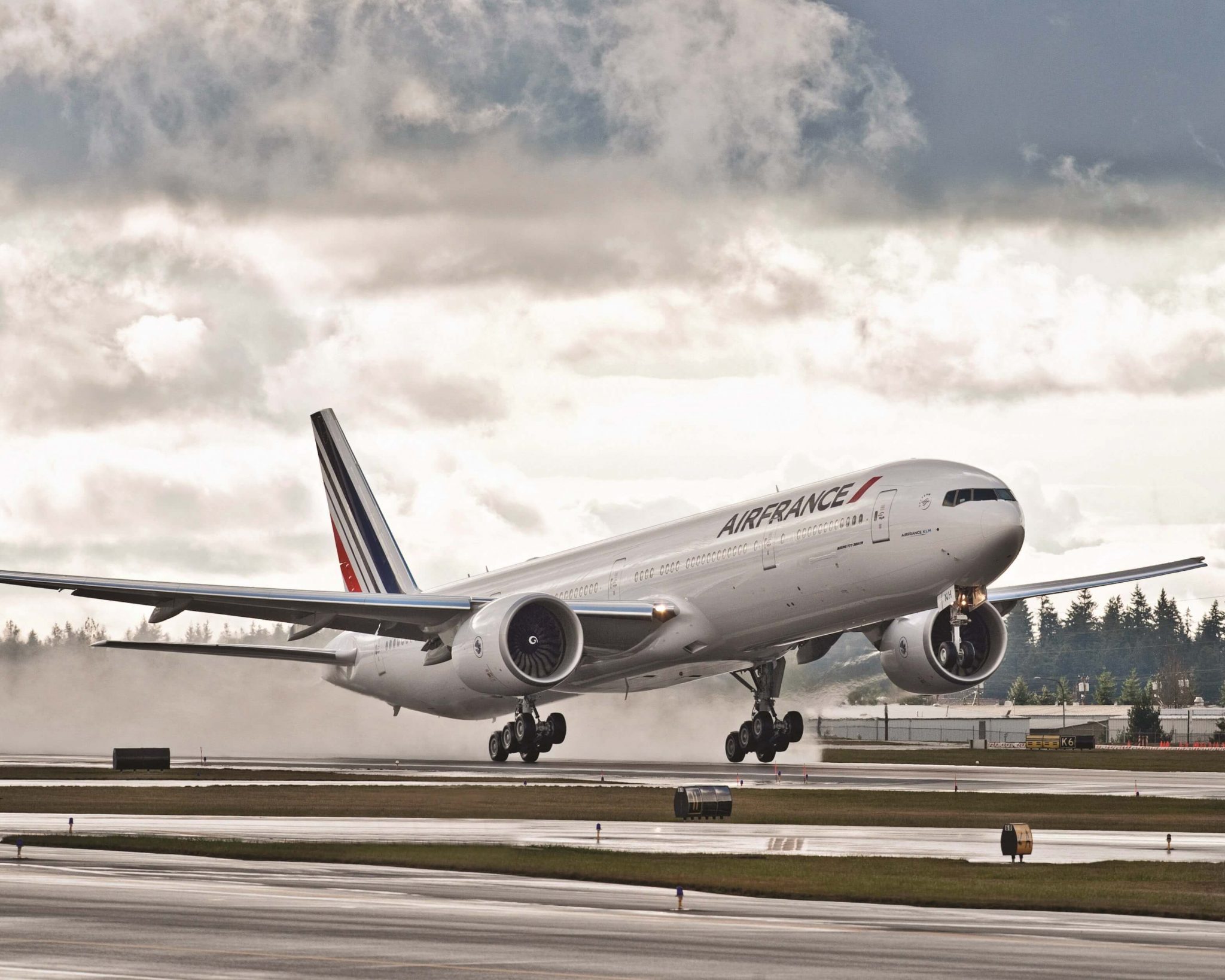The Dutch State has acquired a 12.68% direct interest in airline Air France-KLM through the purchase of shares. In an announcement, the Dutch Finance Ministry stated that its objective is to “obtain a position which is similar to the position of the French state” to allow the Dutch government “to be able to exercise direct influence over future developments at the Air France-KLM holding company to ensure that Dutch public interests are optimally assured”.
The Dutch finance minister, Wopke Hoekstra, informed the Dutch Lower House of Parliament and the Dutch Senate by letter about the share purchase on 26 February 2019. The process to acquire the shares started on 20 February 2019 and the Dutch State currently holds approximately 12.68% of the shares in Air France-KLM.
The government explains its reasons in more detail in the official announcement, namely its concern that in recent years, it says that “significant decisions about the strategy of KLM have increasingly been taken at the level of the Air France-KLM holding company. In addition, discussions about the reinforcement of existing agreements about the public interest (state guarantees) and the management structure were difficult”. It adds that the acquisition of shares now provides the Dutch government with “formal influence” at the highest level within the holding company and the public interests of the Netherlands are better secured in future decision-making.
“Direct involvement is required for this,” says Hoekstra. In addition, with the shareholding at holding company level, the Dutch government stresses that it wants to show that it “believes in cooperation between Air France and KLM and in a strategic partnership with France with regard to this airline”.
In addition to the acquisition of the shares, the government plans to continue discussions with Air France and the French state about the state guarantees and governance, while also highlighting the fact that further agreements have already been made between Air France-KLM and KLM on the management and position of KLM CEO Pieter Elbers.
With this move, the Dutch government is now also sufficiently comfortable that the Dutch public interests, which relate to the network of destinations operated from Schiphol and business environment of the Netherlands, are better secured. Hoekstra says: “This means that Air France-KLM should be able to focus on the future in which it will have to face strong competition from other airlines. The company will have to become more competitive in order to do this. That is in the interest of KLM and Schiphol and therefore in the public interest of the Netherlands. As a shareholder in Air France-KLM and KLM, the Dutch State is on top of it.”
The move was not greeted favourably by the French government, which appears to have had no forewarning of the acquisition. French finance minister, Bruno Le Maire, commented Les Echos that the Dutch acquisition was made without consulting the French government or the company’s board of governors, and further warned that Air France-KLM should not be subject to political interference.

